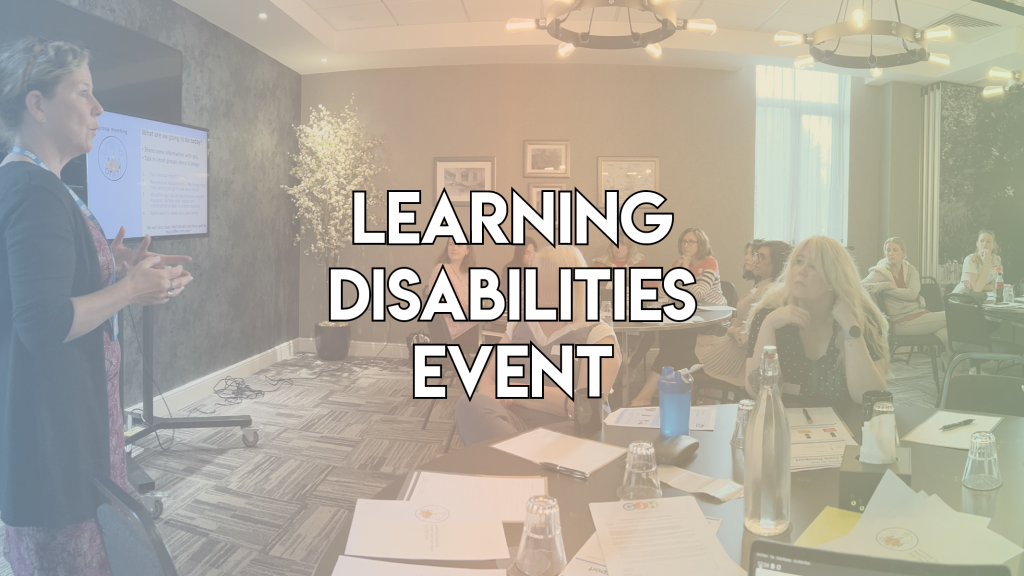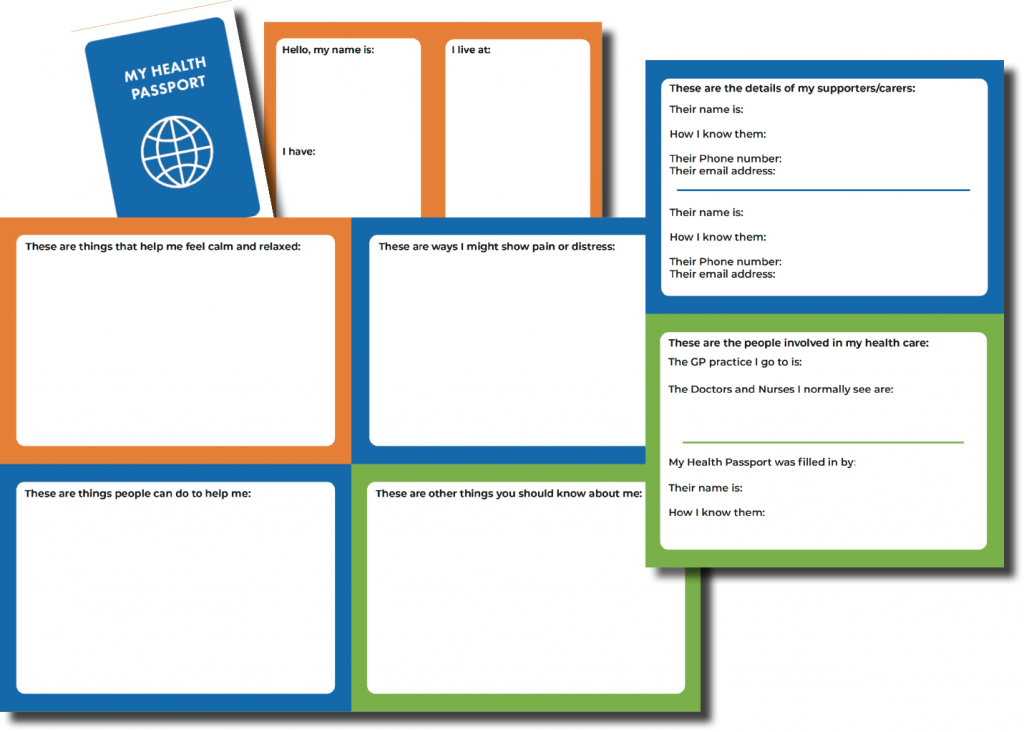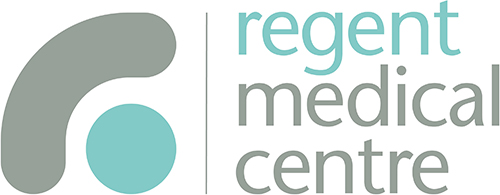Do You See Me? Learning Disability Week
Each year, the third week in June is Learning Disability Week. It is when we make sure the world hears what life is like if you have a learning disability.
This year’s theme is “Do you see me?”
It is about people with a learning disability being seen, heard and valued.
About Learning Disabilities
Around 1.5 million people in the UK have a learning disability.
Mencap describes a learning disability as “a reduced intellectual ability and difficulty with everyday activities”.
While every person with a learning disability is different, there are some common things that most people share. For example, people with a learning disability tend to take longer to learn things, and need support to develop new skills, interact with people or understand complicated information.
It is important to remember that most people with a learning disability can, with the right support, lead independent lives.
Challenges people face
Discrimination and stigma can have huge negative effects on people with learning disabilities.
People with learning disabilities may have problems obtaining equal opportunities in education, employment, healthcare, housing, and in their social life.
According to Mencap, children with special education needs are twice as likely to be bullied. And only 6% of adults with a learning disability had paying jobs (compared to 76% of all 16-64-year-olds).
The overall health of people with learning disabilities is also often worse.
Mencap report the average life expectancy of someone with a learning disability is just 63 years old. This compares to 86 for women and 82 for men in the general population.
We call this health inequality. It can be caused by problems accessing healthcare, as we’ve discussed. But communication barriers, social isolation, stigma, lifestyle, and someone’s understanding of managing their health can play a big part.
The following sections explain the things we do as GP practices to try to help.
Focus on Tackling Inequalities
Working across all GP practices in Gosforth and Jesmond, we have been trying to tackle health inequalities.
Last year, we ran a project to boost the health of people with learning disabilities. By speaking with people, their families, and carers, we could better understand their challenges and how we could help.

As a result, we have created new resources for people with learning disabilities, developed a library of easy-read guides and are testing some new projects.
We also have two new members of staff, working across all GP practices in Gosforth and Jesmond.
Andrea Mullen and Erin Schuler are Social Prescribing Link Workers who work exclusively with people with learning disabilities. They support people with any social, emotional or practical needs that affect their wellbeing.
Annual Health Checks

Anyone on their GP practice’s learning disability register will be invited for a health check every year.
Regular checks help Doctors or Nurses get to know people and their health. This makes it easier for them to spot issues early and see how they can be fixed before they become problems.
It’s also a chance to see if there are extra ways people with learning disabilities, their families and carers can be supported.
We’ve added a special page to our website all about it.
We’re also running a test project sending birthday cards to people with learning disabilities, encouraging them to get a health check, with a link to the Health Check page.
Reasonable Adjustments
A reasonable adjustment is when you ask for a change or consideration to stop you from being disadvantaged.
Here are some common examples:
- Easy-read format for letters and information
- Accessibility tools on websites
- Increased appointment lengths
- Where possible, seeing the same clinicians
- Having carers, family, or others with you for support
- Considerations on appointment times
- Environmental considerations around noise and light
You can request reasonable adjustments at work, school, or university or when accessing public services like the NHS.
Disability is a protected characteristic, so asking for reasonable adjustments is a legal entitlement. We are actively promoting this across all the GP practices in Gosforth and Jesmond.
These videos explain more about reasonable adjustments and the difference they can make to people.
Health Passports
Another project we are testing out is Health Passports. We discussed the idea in our patient and carer event last year.
The pocket-sized booklet unfolds into sections introducing the person, their condition and how it affects them.

Following their Health check, patients can complete health passports with their carer, family member, and Social Prescriber.
It’s an easy way for people to give information about themselves when visiting a Dentist, Hospital, GP surgery or other public service.
They are designed to save people with learning disabilities and their carers the time and distress of explaining their condition or needs in detail.
By adding the same information to medical records, we hope to provide a better, more consistent and personalised service that helps boost the health of people with learning disabilities.
